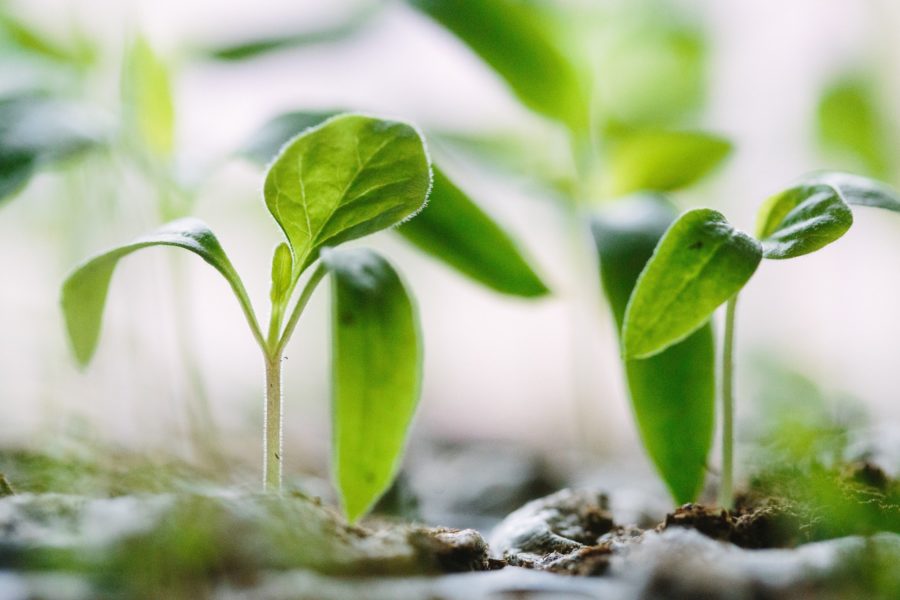No man is an island entire of itself; every man
is a piece of the continent, a part of the main
John Donne wrote those words nearly 400 years ago, yet somehow people still don’t heed them. We like to think we’re self-made and independently grown – I even used to claim to be a “self-taught PHP developer” in my bio. It’s funny how we manage to convince ourselves that we have done it all on our own with little help from others.
The reality, of course, is far from this – all of us (yes, that includes me and you) are a product of the community that we inhabit and an amalgamation of all the people who have influenced us over the years. There is no escaping this, but what are we to do about it? What does this have to do with writing code? Is it enough to just acknowledge the state of affairs and move on?
Perhaps, but maybe there’s a better way.
Finding your People
If the people around us are such a large part of what shapes us, then would it not make sense to surround ourselves with people that can help us grow? The answer should be clear but that doesn’t mean it’s easy to know where to look.
Luckily for us, plenty of active communities already exist within the PHP (and broader tech) world – many of these are online communities, while others include in-person meetups in hundreds of cities around the world. I encourage you to seek out people and groups that can help you grow – a quick internet search for a community focusing on your preferred language or platform will turn up plenty of useful information for you.
Of course – that’s often easier said than done. Finding a group of people that you genuinely connect with can be tough, but believe it or not, you’re not alone – plenty of others feel the same way and if you just take a chance by stepping out of your comfort zone, you’ll find many others in the same position as you.
Growing Together
Once you have found a community to which you feel connected and where you find value, start to dig deeper. Get to know more people – connect with them outside of the context of the community itself and make a few new friends. You’ll be pleasantly surprised by how open people are to making new connections.
You can even contribute to your community to help it grow – I can say from years of personal experience that this is the absolute best way to see long-term and incredibly valuable growth in your knowledge, career and life experience. For most communities of this nature, there are two primary areas of contribution that are great to get involved with: organising and speaking. The amount of work that each of those involves very much depends on the nature of the community, but I can guarantee that if you start contributing in either of those ways, you will certainly not be disappointed.
Some Help for the Journey
This is all very exciting and I hope you take the leap into community soon if you haven’t already done so. In order to help you on your way, here are some online resources that will help you out:
- The CMX Hub blog – an excellent resource of community materials and content to help you get the most out of your community.
- The CMX Hub Facebook page – lively social interactions with people involved in community all over the world.
- The Community Signal podcast – excellent content and interviews with community professionals all over the world to educate and inspire you.
And a few books for each stage of your community journey:
- Still not sure about the need for community? Check out Unlonely Planet by Jillian Richardson.
- Interested in community, but not sure how to really dig into it? Flip through Get Together by Bailey Richardson, Kevin Huynh, and Kai Elmer Sotto.
- Involved in community and want to dig deeper? Study The Art of Community by Charles H. Vogl.
No man is an island entire of itself; every man
is a piece of the continent, a part of the main;
if a clod be washed away by the sea, Europe
is the less, as well as if a promontory were, as
well as any manner of thy friends or of thine
own were; any man’s death diminishes me,
because I am involved in mankind.
And therefore never send to know for whom
the bell tolls; it tolls for thee.
“No Man is an Island” – John Donne
